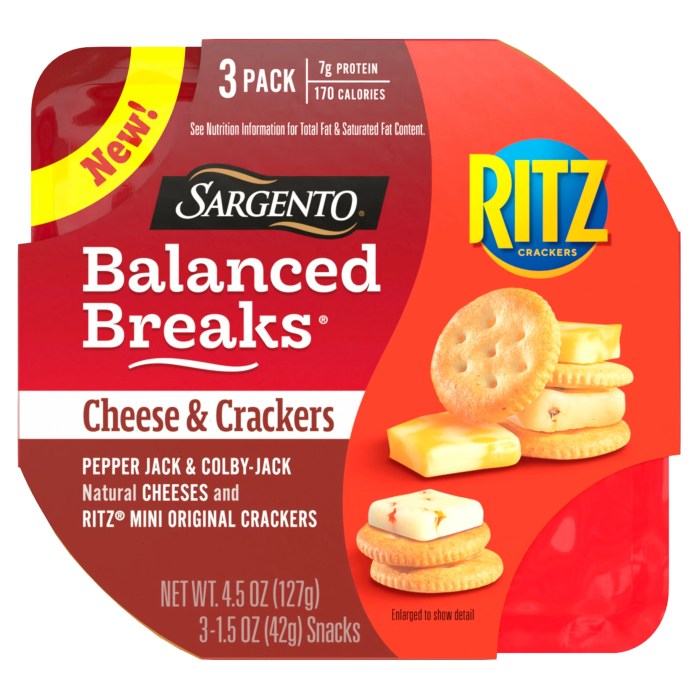Health Implications and Potential Concerns
Provolone cheese nutrition info – Yo, so we’ve been chatting about Provolone, right? Properly lush cheese, but like all things, moderation is key. Let’s get into the potential downsides, the bits that might not be so peng. We’re talking allergens, excessive consumption, and the sodium situation – the whole shebang.Provolone cheese, while generally a tasty treat, isn’t immune to the usual suspects when it comes to health concerns.
It’s important to be aware of these potential issues to make informed choices about your cheese intake.
Dairy Allergies and Sensitivities, Provolone cheese nutrition info
A fair few people are allergic to dairy, innit? This means their bodies react negatively to the proteins in milk, including those found in Provolone. Symptoms can range from mild things like a bit of a rash to full-blown anaphylaxis – a proper medical emergency. Lactose intolerance is a different kettle of fish; it’s not a true allergy but means your body struggles to digest lactose, the sugar in milk.
This can lead to bloating, cramps, and other digestive issues. If you suspect a dairy allergy or intolerance, chat to your doctor or a dietician. They can advise on suitable alternatives and management strategies.
Negative Health Effects of Excessive Consumption
Right, so we’re not saying ditch the Provolone completely, but going overboard ain’t ideal. Too much of anything, even something tasty, can lead to problems. Provolone, like most cheeses, is relatively high in saturated fat and sodium. Overdoing the saturated fat can increase your cholesterol levels, potentially upping your risk of heart disease. High sodium intake, on the other hand, can contribute to high blood pressure (hypertension), which is a major risk factor for stroke and heart disease.
Think of it like this: a little Provolone with your pasta is alright, but a whole block every day? Nah, mate.
Sodium Content and Hypertension
The sodium content varies depending on the type of Provolone and how it’s made. Some versions are definitely saltier than others. For people with hypertension, or those at risk of it, keeping an eye on sodium intake is crucial. Reading food labels is key – you need to know what you’re putting into your body. If you’re watching your sodium, you might want to opt for lower-sodium varieties of Provolone or limit your portions.
Remember, small changes can make a big difference in the long run. A balanced diet and regular check-ups with your doctor are always a good shout.
Query Resolution: Provolone Cheese Nutrition Info
Is provolone cheese suitable for a vegan diet?
No, provolone cheese is a dairy product and therefore not suitable for vegans.
How does provolone cheese compare to other cheeses in terms of lactose content?
Lactose content varies depending on the aging process; aged provolone generally has lower lactose than fresh mozzarella.
Can provolone cheese be part of a weight-loss diet?
In moderation, yes. Choose low-fat varieties and be mindful of portion sizes due to its calorie and fat content.
What are the best ways to store provolone cheese to maintain its freshness?
Store provolone cheese wrapped tightly in the refrigerator. For longer storage, freezing is an option.
Understanding provolone cheese nutrition info is crucial for balanced eating. For a comparison, consider the nutritional profile of other processed cheese products, such as the caloric and fat content detailed in this helpful resource on velveeta mac and cheese nutrition , which offers a contrasting perspective. Returning to provolone, remember to consider its sodium content alongside its protein and calcium benefits.


